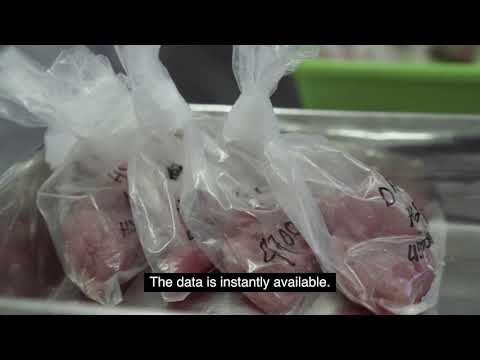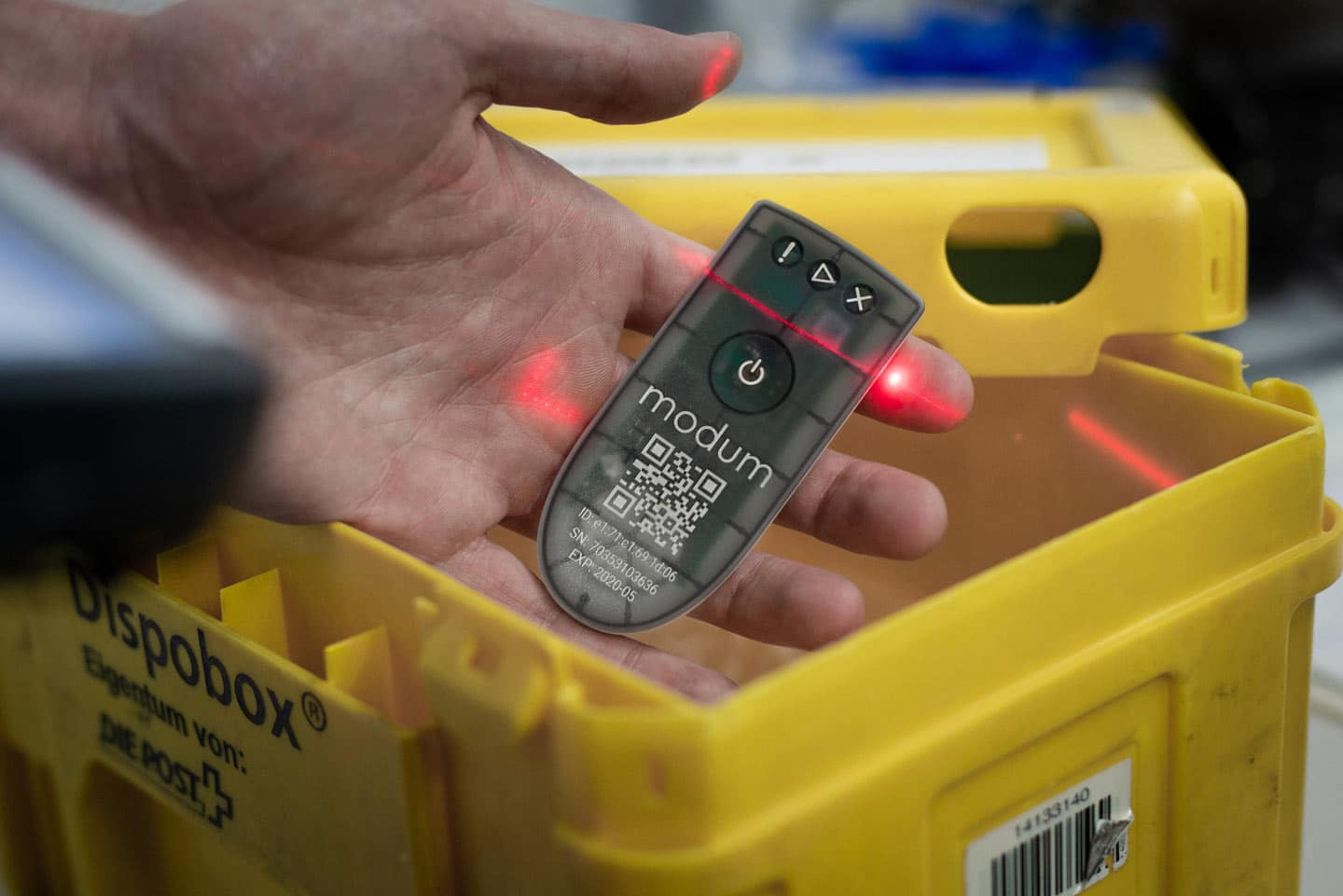Humans crave convenience. By making our lives easier, convenience allows us to spend our time on what we find meaningful, like hobbies, personal goals, or people.
Technology can address our innate longing for meaning by helping us eliminate tiresome activities so we can spend more time on emotionally satisfying ones. Online shopping is better than trekking to the mall, but one-click shopping is even better, and one-click shopping with curated, relevant product recommendations is better still. The more technology drives convenience, the more convenient we want things to become.
The constant feedback loop between desire and the tools that satisfy it drives the evolution of the customer experience. When technology transforms a burdensome task into an easy one, it shifts our thinking about how we live and work, injecting new energy into the timeless, human drives for creativity, curiosity, and meaning.
Artificial intelligence (AI) will let us shove mundane pursuits into the background while we focus exclusively on experiences with emotional resonance. The big question for companies is how to develop customer experiences that resonate.
If technology gives us more time to pursue meaningful experiences, it also accelerates instinctive behaviors in both good and bad ways. The human penchant for tribalism, for example, can manifest itself digitally as a crowdsourced fundraiser for a humanitarian cause or as a swarm of bullies wielding social media as a weapon. Such tribal tendencies can materialize at unprecedented speed and scale thanks to technology that enables near-instantaneous creation of online communities of any type imaginable. The social media site Reddit alone boasts more than 200,000 such groups, known as subreddits, each with a specific and granular area of interest.
And that’s just the beginning. Technology makes it possible for almost anyone anywhere to express innate traits, like fear, greed, and narcissism or creativity, cooperation, and kindness. What’s more, technology makes it so fast and easy to exercise those behaviors in response to an offer or message that customers have come to expect an almost frictionless transition from having a desire to acting on it.
If companies want to create exceptional and satisfying customer experiences, they’ll have to use technology to do more than simply speed up the traditional customer journey. They’ll also have to do some things in fundamentally different ways—for example, proving they actively support consumers’ values or creating platforms that enable customers to share their experiences with the company and each other at scale.
As technology enables us to do more of what we want to do and enhances the experiences we want to have, the customer experience will become more human. When the telephone companies of the 1950s predicted phone booths with video calling, they weren’t anticipating mobile phones and the death of the public telephone, never mind laptops, tablets, and high-speed internet access. But they also weren’t predicting that people would want to stop talking to each other. They understood that the desire to hear and see a loved one who’s far away is age-old and fundamental. And, they were anticipating that technology would make satisfying that desire faster and easier, as it did and will continue to do.
SAP worked with more than a dozen industry experts to uncover five trends that will determine the customer experience over the next decade. The Future Customer Experience: 5 Essential Trends report, examines each of these trends and offers recommendations for how brands should respond now to prepare.
Christopher Koch is editorial director of the SAP Center for Business Insight.
Michael Rander is global research director for Future of Work at SAP.





